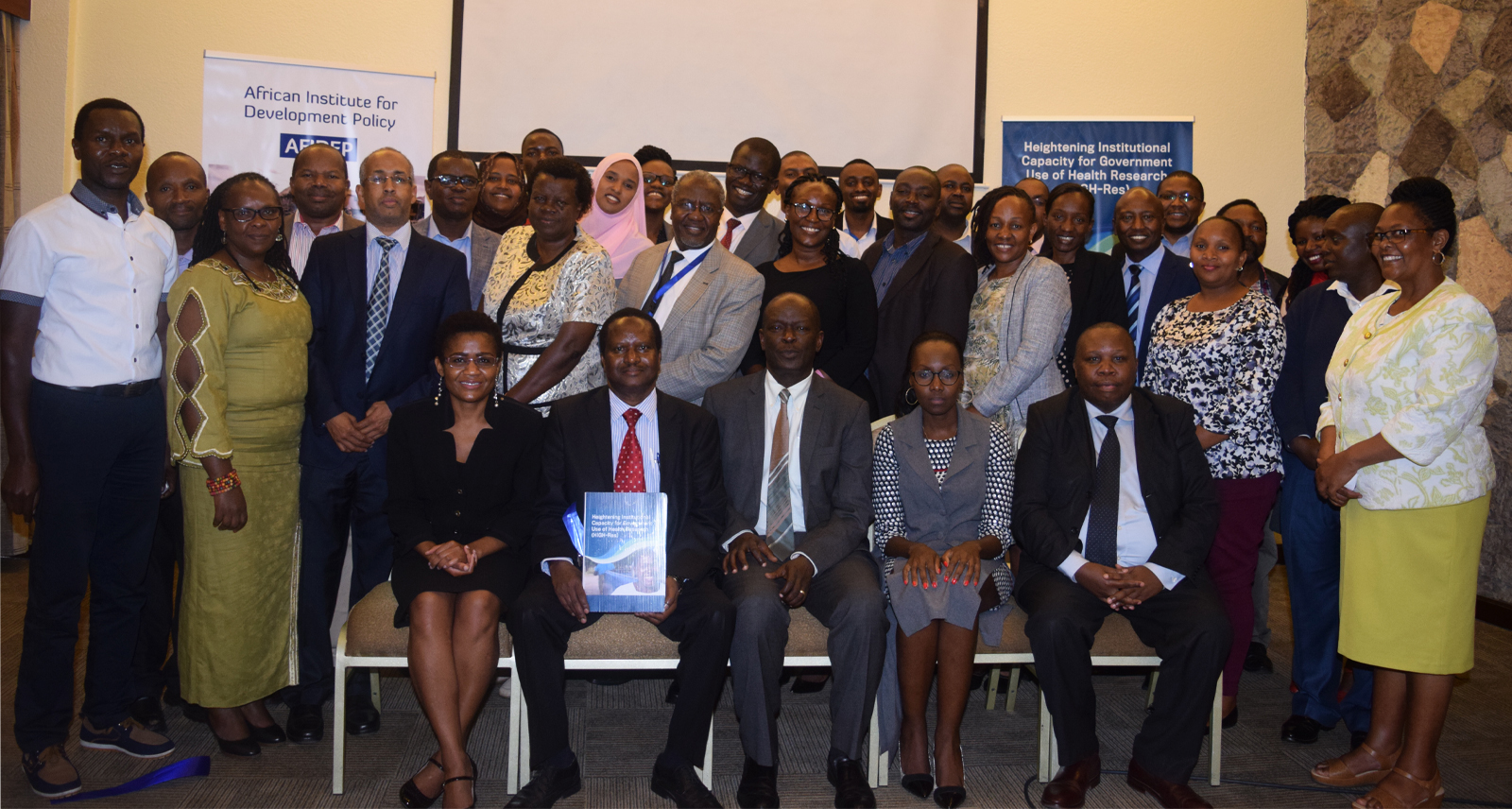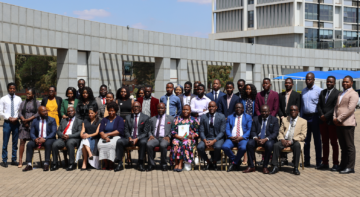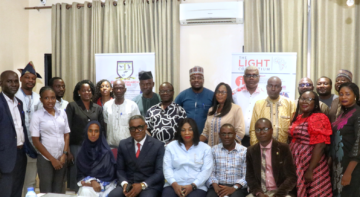Blogs

In advancing evidence-informed decision-making in health care, the African Institute for Development Policy (AFIDEP), together with partners in Kenya and Malawi, hosted week-long virtual workshops on systematic reviews and meta-analyses. The workshops sought to develop capacity in systematic review as a tool for policy, healthcare decisions and to inform research designs and priorities. The intensive five-day virtual course was conducted separately for the two countries to accommodate large numbers of participants that signed up for the training.
A systematic review is a transparent, comprehensive and ordered (systematic) summary of all relevant studies that address formulated question. It is characterized by a clearly stated set of objectives with pre-defined eligibility criteria for studies. The workshops are part of interventions of a collaborative programme known as Heightening institutional capacity for government use of health research (HIGH-Res). The three-year project aims to strengthen institutional capacity for the use of health research in policy and programme decisions in Kenya, Malawi and Uganda. The project brings together various partners under the HIGH-Res East Africa Consortium with the Ministry of Health (MoHs) of the three countries engaged actively as implementing partners.
The workshops targeted HIGH-Res partners and their affiliates who are keen to understand the various elements involved in conducting systematic reviews. Specifically, the training in Malawi targeted core project staff in MoH, College of Medicine, and Malawi Liverpool Wellcome trust. In Kenya, the training included staff from Kenya Medical Research Institute (KEMRI) and MoH’s Division of Research and Innovation. In Malawi, the SR training ran from 10-14 August 2020, while the Kenya training was held between 24-28 August 2020. The workshop was conducted virtually using Zoom Webinar platform.
The trainings developed technical skills in designing and conducting systematic reviews
To assess the usefulness of the training, we conducted pre- and post-training test using the Survey Monkey software. The results showed that among the targeted core team in Malawi the level of knowledge before training was 67.3% and after the training the level of knowledge increased to 78.8%. On the other hand, in Kenya, the level of knowledge before training was 60% and after the training the knowledge increased to 70.7%. For both countries the level of knowledge increased and the participants were interested with a follow up mentorship to support in conducting their systematic reviews.
One participant from Malawi expressed:
“The sessions were useful and delivered excellently by the presenters. I was a part of the interactive sessions when we were doing PubMed, and I liked the RevMan (Review Manager) session. The tools were a good reminder of what we can do in the department of epidemiology in terms of trying to get useful evidence that we can use for the day-to-day running of work. I look forward to getting the presentations and recordings so that I can cascade to other members of the department that way we can have teams do systematic reviews and produce good evidence that can also be published.”
Another participant from Kenya said:
“I found the training insightful. I am a young researcher and currently working on a systematic review with a couple of friends. I really liked how the training emphasised on working as a team, where one as a young researcher can have a supervisor but could also have other people at the same level check the data for quality and bias. It has been an important training, I expect to find it more helpful as I progress in my career.”
Interactive virtual sessions
The training sessions comprised of lectures, question and answer sessions, demonstrations and hands-on practice on specific topics achieving interactivity and practicality. For example, the training included interactive sessions with facilitators demonstrating how some key databases are used, including the Cochrane Library and PubMed.
To ensure the effectiveness of the training, participants were provided with pre-reading materials as well as presentations and audio recordings (post-training). A WhatsApp group was also created to aid with the sharing of training materials and information related to the training. The group also afforded participants the opportunity to interact with each other and the facilitators during and after the training.
The course covered question formulation, protocol, developing a plan to conduct a review, PRISMA guidelines, and critical appraisal, as well as highlighting aspects of meta-analysis and synthesis of non-numerate data. As systematic reviews take a hard look at published results from pooled studies, the emphasis was put on the way one decides what ‘good’ data is in combining data to produce more impactful conclusions.
The training will be followed by a formal mentoring programme consisting of six-monthly sessions for individuals who will be actively engaged in conducting systematic reviews. This mentorship phase will see participants matched with Cochrane collaboration beneficiaries/authors who have published widely on various topics. These sessions are expected to provide mentees with the opportunity to present their work for critical appraisal by the rest of the group. The sessions will also serve as a teaching opportunity for commonly-observed problems in conducting systematic reviews. Activities will be centred around:
- Completion of systematic review proposals to an acceptable standard for registration with the Prospero International Prospective Register of SRs database, York University, UK.
- Preparation of systematic review protocols for publication in a peer-reviewed journal
- Completion of SR for publication
Related Posts





